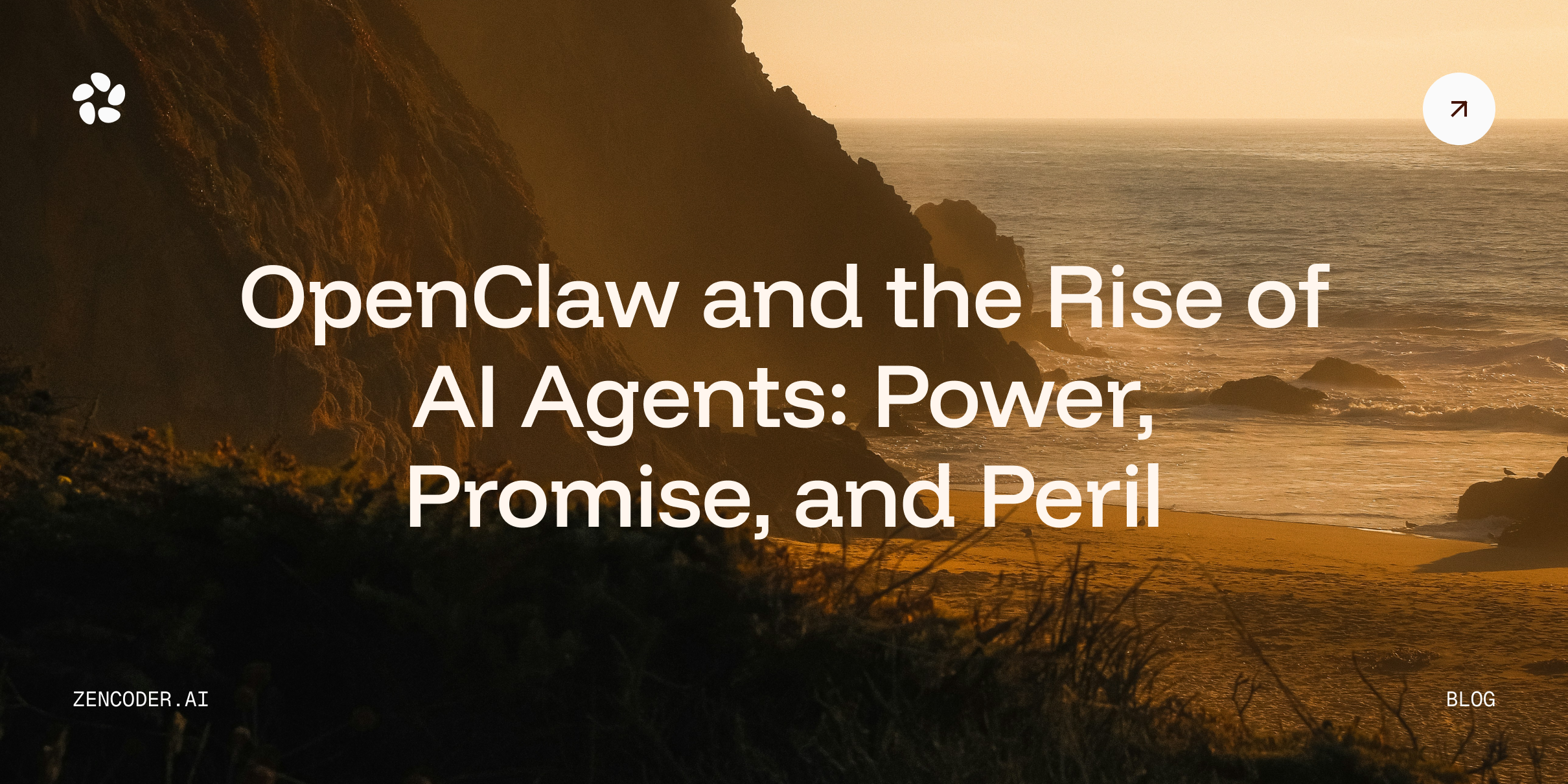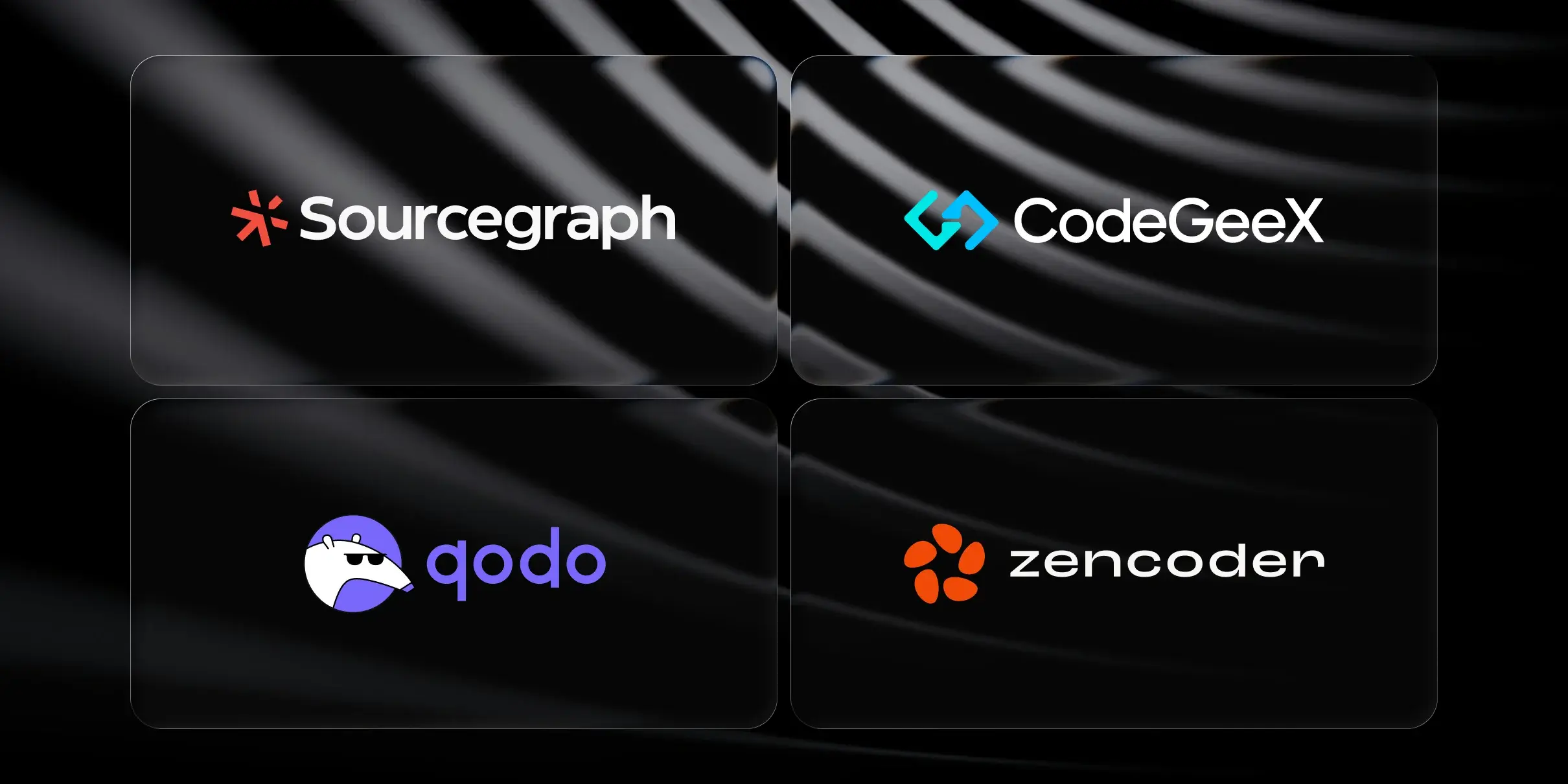Managing GitHub issues and pull requests (PRs) is a critical part of a developer's workflow. However, the process often involves repetitive tasks, context switching, and navigating through lengthy discussions, all of which can slow down productivity. Developers frequently find themselves juggling between GitHub for issue tracking and their development environment, such as VS Code, to implement solutions. This constant back-and-forth can lead to inefficiencies and frustration.
AI agents, when integrated with tools like Chrome and VS Code, offer a powerful solution to these challenges. By streamlining workflows, reducing manual effort, and providing actionable insights, AI can significantly enhance developer productivity. This article explores how AI-powered integrations can help developers resolve GitHub issues faster by bridging the gap between GitHub and VS Code.
Let’s dive in!
The Workflow: From GitHub to VS Code with AI Agents
Let’s face the truth: the process behind PRs is what creates headaches for developers.
Let’s discuss why.
Context Switching
One of the biggest hurdles developers face is the need to switch between GitHub and their coding environment. For example, reviewing a pull request on GitHub often requires reading through comments, understanding the context, and then moving to VS Code to make changes. This constant switching disrupts focus and slows down the development process. Developers lose valuable time reorienting themselves to the task at hand, which can lead to errors and reduced efficiency.
Information Overload
Pull requests and issues on GitHub often come with extensive discussions, including comments, suggestions, and questions from multiple team members. While this collaboration is essential, it can also be overwhelming. Developers must sift through large amounts of information to identify actionable items, which can be time-consuming and mentally taxing. This overload can lead to missed details or misinterpretation of critical feedback.
Manual Effort in Synchronization
Currently, developers often resort to manually copying comments or details from GitHub into their development environment. This process is not only tedious but also prone to errors. Important context or details can be lost in translation, leading to incomplete implementations or the need for additional clarification. The lack of seamless synchronization between GitHub and VS Code adds unnecessary friction to the workflow.
Benefits of AI-Powered Integration for Developers
After discussing where the issues are, it’s time to talk about the benefits of using AI-powered integrations to manage PRs.
Improved Productivity
AI-powered integrations minimize the need for context switching by creating a seamless connection between GitHub and VS Code. For instance, with a single click in GitHub, PR comments can be sent directly to VS Code, allowing developers to stay focused on their coding environment. Additionally, AI can summarize lengthy discussions, providing developers with concise, actionable insights. This faster access to relevant information helps developers spend more time coding and less time navigating between tools.
Enhanced Collaboration
AI ensures that all team members have a clear understanding of PR discussions by organizing and summarizing comments. This reduces the risk of miscommunication and ensures that everyone is on the same page. By categorizing feedback into actionable items, AI helps developers prioritize tasks and address the most critical issues first. This enhanced clarity fosters better collaboration among team members, even in distributed or asynchronous work environments.
Faster Issue Resolution
AI-powered tools can analyze PR comments and provide suggestions or code snippets to address specific issues. By prioritizing tasks based on urgency and importance, AI helps developers focus on resolving the most pressing issues first. This streamlined approach not only accelerates the resolution process but also improves the overall quality of the codebase. Developers can rely on AI to handle repetitive tasks, freeing them up to focus on more complex problem-solving.
How to use Zencoder Integration for Chrome: A Step-by-Step Tutorial
After the theory, let’s see the practice.
In this section, you will learn how Zencoder helps you streamline your GitHub PRs.
Installation
To use the Zencoder integration, you first need a Zencoder account.
When your account is set up, get Zencoder’s extension for Chrome and click on Add.
NOTE: Zencoder currently supports VS CODE and Jet Brains as IDEs.
Step 1: View the PR in GitHub
Go on your PR on GitHub. On each comment, you will now see a button “Address comments with Zencoder”:
Click on it and GitHub will ask you to open it on VS CODE:
When you click on Open in Visual Studio Code, A new VS CODE instance will open. It will allow you to manage the PR changes in VS CODE.
Step 2: Manage Your PR on VS Code
Zencoder automatically opens the correct VS CODE instance on your local machine:
You can see the differences by clicking on Show diff:
The difference will be generated and you can decide whether to accept it or not:
That’s it! You managed your first PR on VS CODE thanks to Zencoder.
Conclusion
AI-powered integrations between Chrome, GitHub, and VS Code are transforming the way developers manage and resolve issues. By addressing common challenges such as context switching, information overload, and manual synchronization, these tools enable developers to work more efficiently and effectively.
As software development becomes increasingly complex, leveraging AI to streamline workflows is no longer a luxury but a necessity. By adopting these integrations, teams can enhance collaboration, reduce miscommunication, and accelerate issue resolution, ultimately improving productivity and the overall development experience. The future of software development lies in smarter, AI-driven tools, and this integration is a step in the right direction.
Try out Zencoder and its integration with Chrome and share your experience by leaving a comment below. Don’t forget to subscribe to Zencoder to stay informed about the latest AI-driven strategies for improving your code governance. Your insights, questions, and feedback can help shape the future of coding practices.

![Spec-Driven Development: Everything You Need to Know [2026]](https://zencoder.ai/hubfs/Cover-Feb-17-2026-08-47-58-1236-PM.webp)

